Quiz Contemporary history
Last Updated:
Passionate about contemporary history? Our quizzes are for you! Test your knowledge of the major events of the 19th and 20th centuries, key figures, global conflicts, social revolutions and the major advances that have shaped our world today.
Our contemporary history quizzes are a fun and instructive way to immerse yourself in the most recent periods of human history. Thanks to a varied selection of questions, you can test your knowledge on topics such as the Industrial Revolution, the World Wars, the Cold War, decolonization, civil rights and major political and technological upheavals.
Do you know when the Berlin Wall came down? Do you know what was at stake in the Treaties of Versailles, or the presidents who marked the World War II? Can you identify the major social movements of the 20th century? Our contemporary history quizzes will help you answer all these questions and deepen your understanding of the modern world.
As you explore our contemporary history quizzes, you’ll discover important facts, key figures and sometimes little-known events that have had a profound impact on our societies. Whether you’re a student, a history buff or simply curious, our quizzes are an interactive and captivating way to test your knowledge and learn more about contemporary history.
Test your knowledge now and relive the major milestones of recent history with our dedicated quizzes!
Test your knowledge of contemporary history with our quizzes. Whether you’re an enthusiast or just curious about current events, our quizzes will challenge you at your level.
Measure yourself against other history buffs and find out where you stand among connoisseurs of major events in the contemporary world. Each question is an opportunity to learn more and deepen your historical knowledge.
Our Contemporary History Quizzes are not just knowledge tests, but interactive learning tools. Each question is accompanied by clear explanations, interesting facts and context to help you better understand the issues of the last two centuries.
By answering the questions, you’ll enrich your general knowledge and develop a better understanding of the political, social and economic events that have shaped today’s world. Use our quizzes to explore recent history, discover emblematic figures and reinforce your knowledge of contemporary history.
history
/ 10
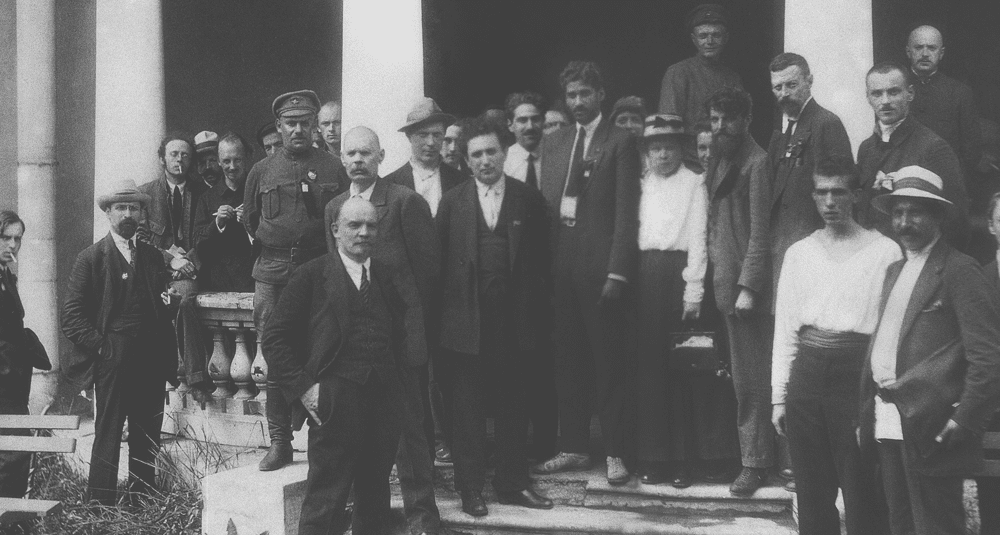
Which Russian statesman founded the Communist International in 1919?
2Vladimir Ilyich Lenin
1Joseph Stalin

🙌 Good answer
Lenin, Russian statesman and leader of the Bolshevik revolution, founded the Communist International in 1919 to promote communism worldwide.
Next question

😞 Wrong answer
Lenin, Russian statesman and leader of the Bolshevik revolution, founded the Communist International in 1919 to promote communism worldwide.
Next question
history
/ 10
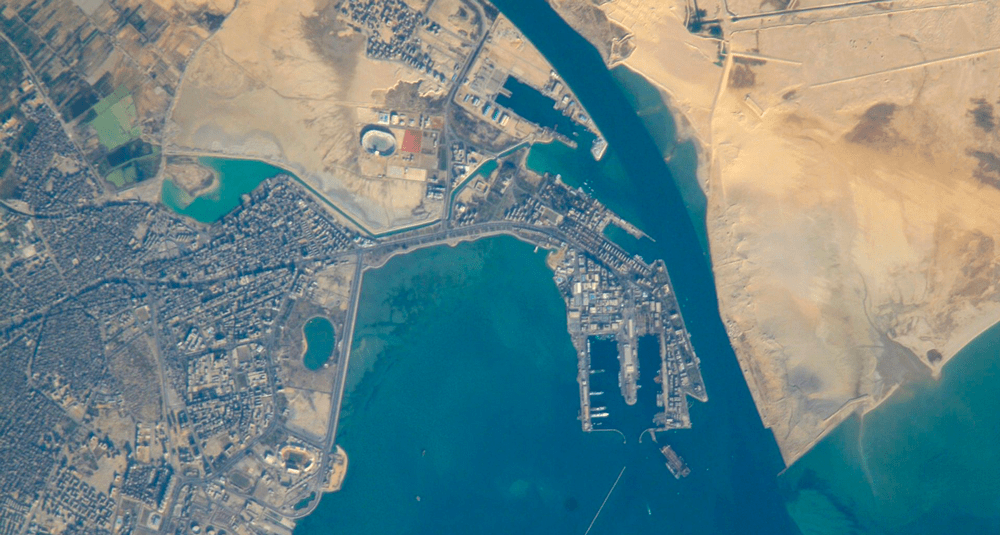
Which French diplomat was behind the construction of the Suez Canal?
2Ferdinand de Lesseps
1Auguste Caboufigue

🙌 Good answer
French diplomat Ferdinand de Lesseps was behind the construction of the Suez Canal. Inaugurated in 1869, the canal links the Mediterranean Sea to the Red Sea.
Next question

😞 Wrong answer
French diplomat Ferdinand de Lesseps was behind the construction of the Suez Canal. Inaugurated in 1869, the canal links the Mediterranean Sea to the Red Sea.
Next question
history
/ 10
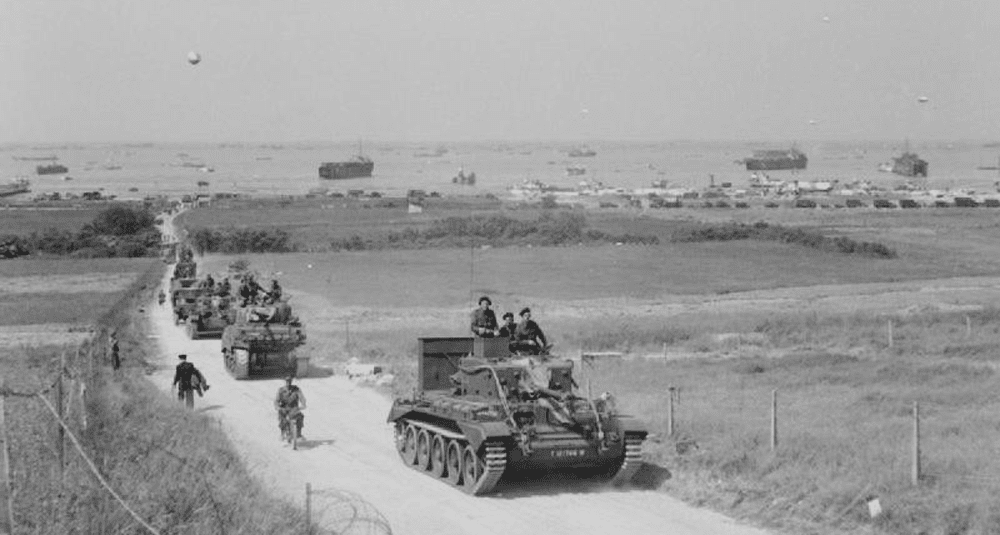
Which troops landed at Gold Beach and Sword Beach on June 6, 1944?
2British
1American

🙌 Good answer
On June 6, 1944, British troops led the landings on Gold Beach and Sword Beach, supported by French soldiers on Sword Beach.
Next question

😞 Wrong answer
On June 6, 1944, British troops led the landings on Gold Beach and Sword Beach, supported by French soldiers on Sword Beach.
Next question
history
/ 10
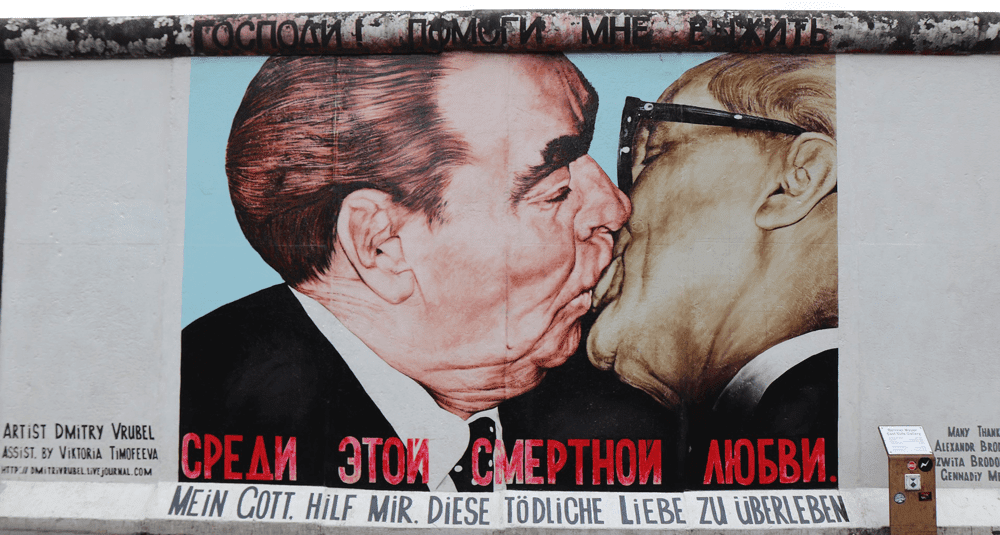
When was the Berlin Wall erected?
21961
11951

🙌 Good answer
The Berlin Wall was erected in 1961. It symbolized the division between East and West during the Cold War. It fell in 1989, marking the end of that period.
Next question

😞 Wrong answer
The Berlin Wall was erected in 1961. It symbolized the division between East and West during the Cold War. It fell in 1989, marking the end of that period.
Next question
history
/ 10
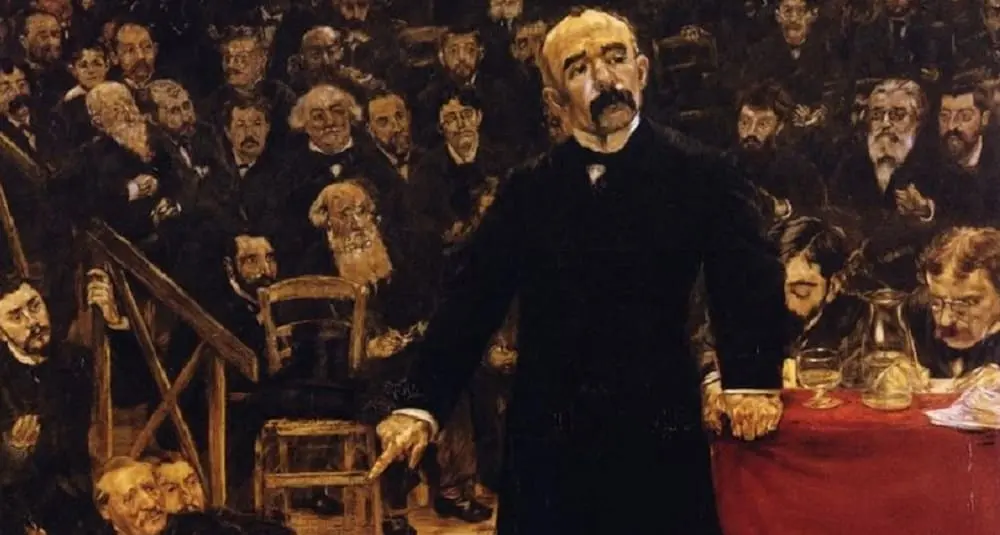
Was George Clemenceau President of the Republic?
2No
1Yes

🙌 Good answer
Georges Clemenceau was never President of the French Republic. He was a great statesman and several times President of the Council.
Next question

😞 Wrong answer
Georges Clemenceau was never President of the French Republic. He was a great statesman and several times President of the Council.
Next question
history
/ 10
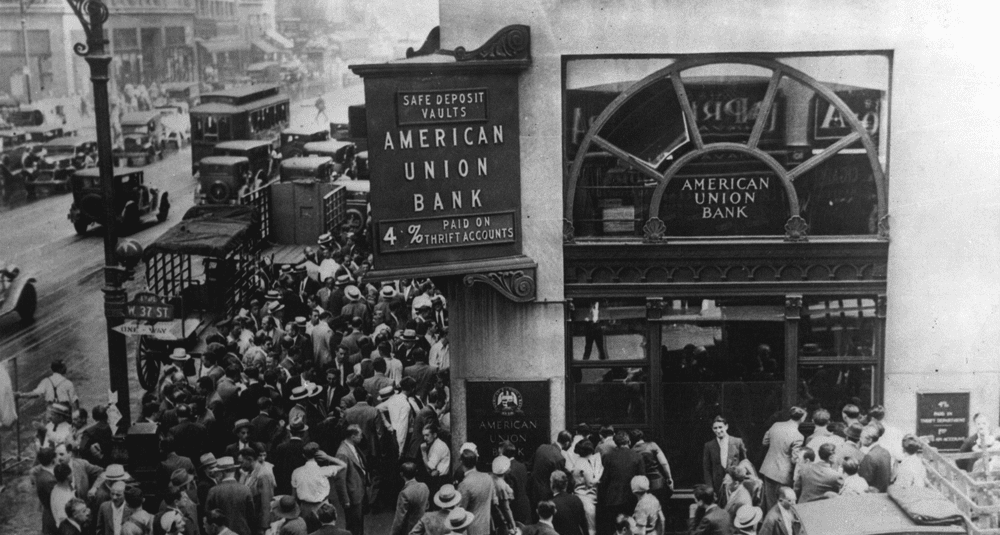
In which American stock exchange did the crash of 1929 take place?
2New York Stock Exchange
1Chicago Stock Exchange

🙌 Good answer
The crash of 1929 was a stock market crisis that took place on the New York Stock Exchange between Thursday, October 24 and Tuesday, October 29, 1929. This event, the most famous in stock market history, marked the beginning of the Great Depression.
Next question

😞 Wrong answer
The crash of 1929 was a stock market crisis that took place on the New York Stock Exchange between Thursday, October 24 and Tuesday, October 29, 1929. This event, the most famous in stock market history, marked the beginning of the Great Depression.
Next question
history
/ 10
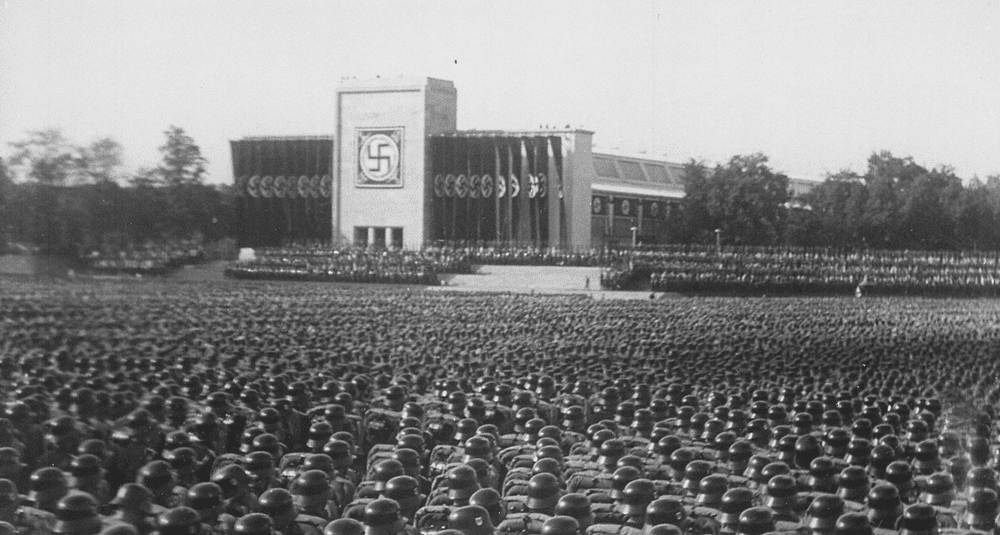
What was the name of Adolf Hitler's far-right German political party?
1NSDAP
2PNF

🙌 Good answer
The far-right German political party led by Adolf Hitler was the National Socialist German Workers' Party (NSDAP), commonly known as the Nazi Party.
Next question

😞 Wrong answer
The far-right German political party led by Adolf Hitler was the National Socialist German Workers' Party (NSDAP), commonly known as the Nazi Party.
Next question
history
/ 10
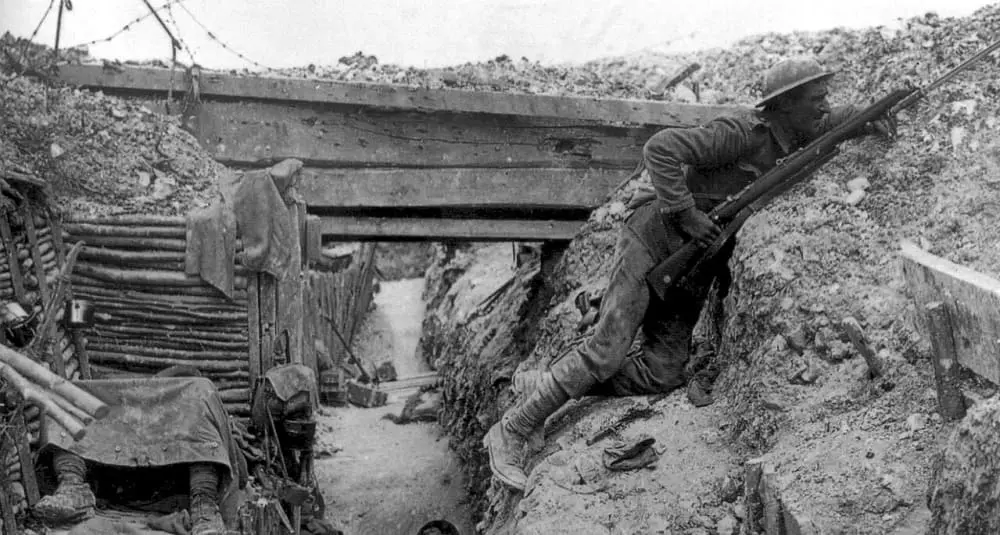
Which countries are part of the Triple Entente?
2France, United Kingdom and Russia
1Germany, Austria-Hungary and Italy

🙌 Good answer
The Triple Entente consisted of France, the UK and Russia, allied before 1914 to counter the rise of the Triple Alliance powers.
Next question

😞 Wrong answer
The Triple Entente consisted of France, the UK and Russia, allied before 1914 to counter the rise of the Triple Alliance powers.
Next question
history
/ 10
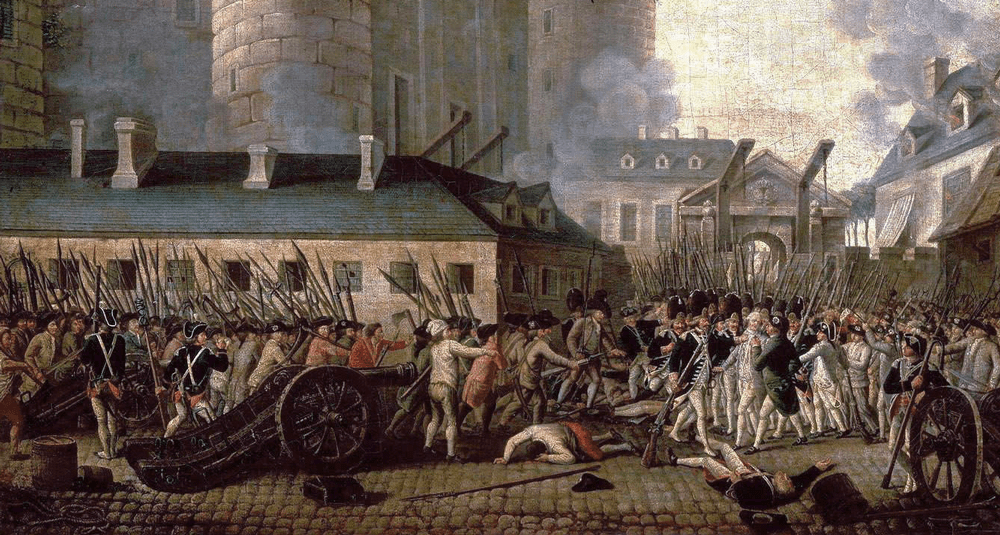
What emblematic event of the French Revolution took place on July 14, 1789?
1The storming of the Bastille
2The assassination of Marat

🙌 Good answer
On July 14, 1789, the storming of the Bastille marked a decisive turning point in the French Revolution. The event symbolized the struggle against tyranny and the quest for freedom.
Next question

😞 Wrong answer
On July 14, 1789, the storming of the Bastille marked a decisive turning point in the French Revolution. The event symbolized the struggle against tyranny and the quest for freedom.
Next question
history
/ 10
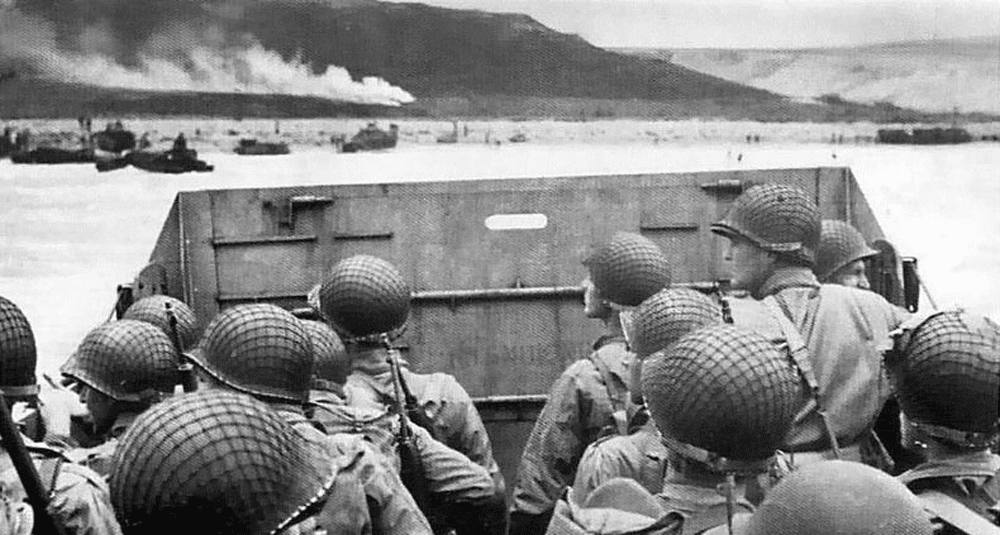
Which troops landed at Utah Beach and Omaha Beach on June 6, 1944?
1American
2British

🙌 Good answer
On June 6, 1944, during the Normandy invasion, American troops landed on Utah Beach and Omaha Beach. These beaches were key sites for the Allied invasion.
Next question

😞 Wrong answer
On June 6, 1944, during the Normandy invasion, American troops landed on Utah Beach and Omaha Beach. These beaches were key sites for the Allied invasion.
Next question



